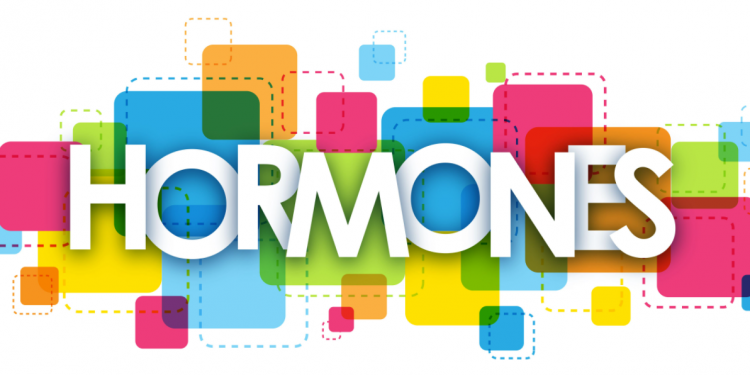by James A. Heuer
The brain is the key instrument to regulating hormones in our bodies. As a result, damage to any part of the brain that releases and monitors hormones disrupts the ability to maintain stability. Physical, emotional, and psychological issues can arise due to either hormone insufficiency or overproduction.
Small structures at the base of the brain are responsible for regulating the body’s hormones. When these areas of the brain become damaged, either an increase of one or more hormones or an insufficient release of hormones may occur. This results in what is called homeostasis. Homeostasis is the body’s system of monitoring and regulating its internal environment stability and bodily functions including temperature, thirst, hunger, and sleep/wake cycles.
The endocrine system is affected after a TBI. Often, the hypothalamus and/or pituitary gland are damaged. The hypothalamus and pituitary gland are both small parts of the brain responsible for hormonal regulation. These parts of the brain tell other endocrine glands throughout the body to make hormones. The more severe the TBI, the higher the chance for these hormonal problems to occur.
In the early stages post TBI, hormonal problems can cause a condition known as diabetes insipidus (not to be confused with diabetes), which is an excessive production of dilute urine and increased thirst. This condition occurs from a reduction in the production and secretion of hormones. The problem may be treated with an anti-diuretic medication, but in some cases requires lifelong hormone replacement therapy.
Hypopituitarism can be diagnosed later in TBI recovery. Hypopituitarism is a condition that occurs following the damage to the pituitary gland, resulting in a reduction in hormone production. In the early stages of a TBI, the hormone levels are severely affected, so it’s difficult to diagnose hypopituitarism. The option to run hormone level tests is highly recommended, and your doctor may recommend a brain scan to look for damage to the hypothalamus or pituitary gland.
What are the symptoms of hypopituitarism?
- Depression
- Sexual difficulties
- Mood swings
- Fatigue
- Vision disturbance
- Headaches
The pituitary gland, “the master gland” located in the base of the brain consists of two parts. A brain injury to this area does not usually lead to visual damage, but affects its function by damaging the neurons and blood vessels. Damage to the pituitary gland may lead to reduction in hormone production.
Blood tests of dysregulation are recommended as you may find resistance from a doctor who believes the symptoms are unrelated to hormones. If the tests come back normal, sometimes doctors discount the issue. Endocrinologists should run the hormone level tests. Tests measuring cortisol levels and measuring at the right time because they vary throughout the day are important.
Adrenal insufficiency can be diagnosed as primary, secondary, or tertiary adrenal. The symptoms include low energy, depression, anxiety, low blood pressure, and anemia.
Primary is when adrenal glands don’t make enough cortisol and aldosterone because the glands are damaged, usually permanently . Secondary is when the adrenal glands won’t make enough cortisol. Lastly, tertiary adrenal is when the hypothalamus doesn’t create enough corticotrophin-releasing hormone.
Identifying hormone dysregulation starts with keeping an eye on your energy levels, growth problems, and changes in body temperature. You may experience decreased energy or increased fatigue. As far as growth problems, your bone size and expected height can go far beyond. The changes in your body temperature may mean you feel too hot or cold. You may notice skin and nail changes such as brittle nails and dry skin. You might experience unexplained weight change or hair loss and thinning. Lastly, you may have problems with memory and concentration.
After the diagnosis of hormonal issues post-TBI, getting the correct individual treatment is important. Hormone replacement therapy is used to restore hormones to normal level. Start the treatment as quickly as possible after diagnosis, although some symptoms may not appear immediately after the TBI. In some cases symptoms may take weeks, months, or even years later to arise. Recent research shows the hormonal imbalance issues reduces over time in a number of TBI survivors. TBI survivors must pay attention to their body and be aware of the symptoms to progress in TBI recovery and the proper treatment plan.
James A. Heuer, PA is a personal injury attorney helping individuals with TBI after suffering one himself. He is located in Minneapolis, Minnesota.











